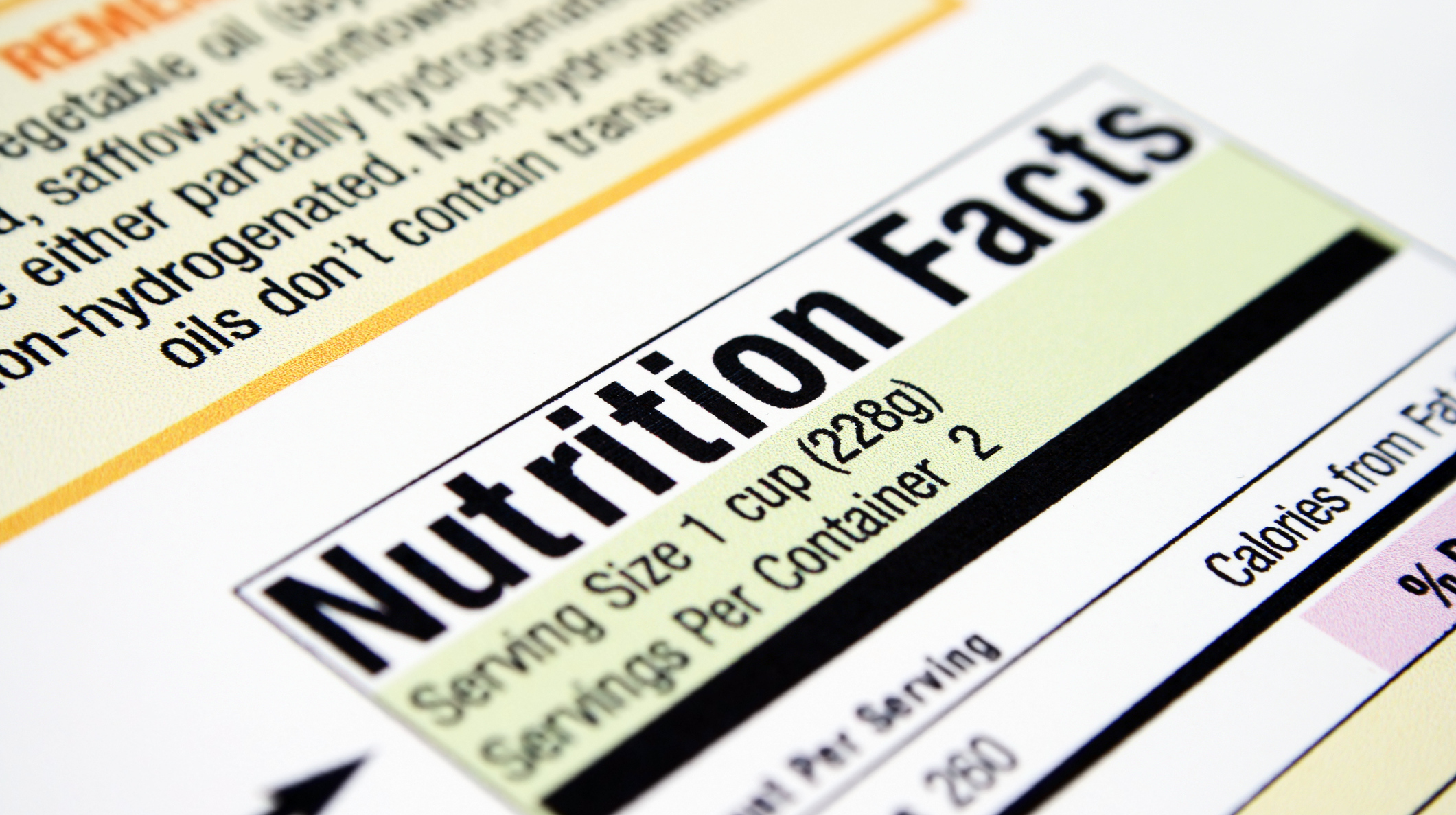Afraid Of LaCroix? Scared Of MSG? The "All-Natural" Debate Could Use A Dose Of Reason
Earlier this month, a woman filed a class-action lawsuit against the company that makes LaCroix sparkling water, alleging that its claims of "all-natural ingredients" are false. The headline-grabbing detail of her case was that she tied one of LaCroix's ingredients, linalool, to cockroach insecticide, which no doubt led to thousands of water-cooler conversations that began with "Did you hear LaCroix has pesticide in it?" Immediately, scores of sparkling water drinkers suddenly transformed into armchair chemists.
I witnessed it firsthand this weekend at a friend's housewarming party, where the fridge was amply stocked with beer and LaCroix. Another guest, a friend of mine, brought up the pesticide-LaCroix connection, to much groaning and argument from other assembled guests: "Oh come on, everything on earth is a chemical. You're made of chemicals!" or "This is as silly as that Subway bread controversy, with the yoga mats." My personal argument was that if my friend smokes cigarettes, she has no leg to stand on when complaining about unnatural ingredients.
The conversation got heated. (Sorry, friend, if it seemed like we were attacking you.) My pal defended her viewpoint, saying that if ingredient transparency helps people think about what they're ingesting and makes them feel like they're making healthier decisions, then what's the harm? Eventually, we all had to drop the subject so as not to cause a legit, capital-A argument.
But, to my friend's point: Why not move to eliminate artificial ingredients? Natural is better, right? Well, maybe. Except here's the problem with the debate/conversation/argument around natural vs. artificial ingredients—the line isn't so easily drawn between the two.
This Wall Street Journal piece illustrates well the difficulty consumers have when deciphering exactly what ingredients are natural and which are synthetic or artificial. Food scientists have received calls to remove ingredients like xanthan gum (a widely used, natural emulsifier) and cyanocobalamin (just another name for the helpful vitamin B12). MSG, or monosodium glutamate, decades ago became a reviled ingredient, one to be avoided at all costs—but respected scientists say it's a naturally occurring amino acid found in foods we love, from tomatoes to parmesan cheese and aged steak. Still, many Chinese restaurants will hang signs proclaiming "No MSG!" (even though they use soy sauce), because that's what customers want to hear—even if it's as frivolous as a sign reading "No atoms!" Sometimes, maybe a lot of times, marketing trumps reason.
Of course the public has a right to know what's in our food; it's why we have ingredient labels in the first place. And striving to make healthy choices is laudable. But some food researchers say they're exhausted by the public freak-out over artificial-sounding ingredients, because science shows many of these ingredients are perfectly safe: "The science is crystal clear, but consumer sentiment—it is what it is," Maria Velissariou, chief science and technology officer for the Institute Of Food Technologists, tells the WSJ.
Is this a problem? Does it require a solution?
I think it does, because avoiding ingredients based on what sounds artificial (or based on what one pseudo-science newsletter has decided to vilify that week) distracts us from ingredients (like trans fat) that have been consistently proven harmful. It's not consumers' faults, though. Labeling isn't clear, and it's hard for non-chemists to evaluate the scientific validity of various dire-sounding warnings. Companies like McDonald's and Dunkin' have been lauded for their moves away from artificial ingredients. So, what are we consumers to do when we want valid, clear information about ingredients?
Personally, if the World Health Organization or U.S. Food And Drug Administration's scientists think a food is safe enough for me to eat, I'm going to take their word for it. The FDA has demonstrated recently that it's quite cautious when it comes to ingredients that could prove even the slightest risk; recently, the FDA banned six ingredients—shown to be safe for human consumption—because the substances were found to be carcinogenic to animals when applied in extremely high doses.
Of course every person is free to make their own decisions based on whatever information they find most credible. (I'm more afraid of making left turns on my bicycle in busy traffic than I am of eating movie-theater popcorn butter, for the record.) I just wish that if we were going to have debates about food safety—or other public- and health-policy issues, for that matter—we could all start from a vantage point rooted in science, skepticism, and reason rather than whatever quackery GOOP is peddling.
